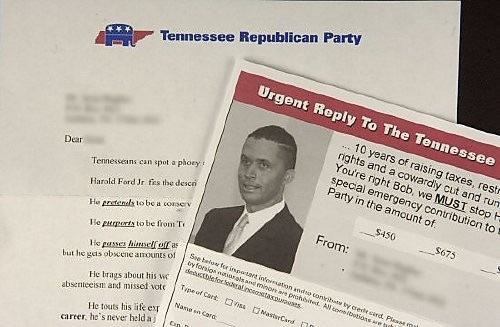From Mean Streets to Taxi Driver to Goodfellas, Martin Scorsese has made plenty of movies about urban crime, but, oddly, The Departed is his first film that spends much time on the law-enforcement side of crime stories.
The movie, which revolves around the symmetry of two rival undercover agents — one a South Boston neighborhood kid (Matt Damon) who is rising fast in the Massachusetts State Police while serving as a mole for Irish mob boss Frank Costello (Jack Nicholson), the other a state trooper (Leonardo DiCaprio) who accepts a prison bid on made-up charges in order to infiltrate Costello’s organization — is a remake of 2002 Hong Kong crime thriller Infernal Affairs. And while noted auteur Scorsese doesn’t seem a likely candidate for an Americanized remake of such a recent movie, he seems to enjoy the freedom of what feels close to a director-for-hire project.
The Departed opens with file footage of social unrest in ’60s/’70s Boston and then segues into fictional scenes that show a kid’s perspective on neighborhood crime and Catholicism. But from this promising beginning, The Departed launches into a well-executed but oddly impersonal crime movie. It’s more contained and probably less flawed than Scorsese’s Gangs of New York, but it certainly isn’t as interesting.
With its cops-and-robbers narrative, epic length, and powerhouse cast, The Departed seems less a remake of Infernal Affairs and more like a Scorsese version of Heat, the Michael Mann crime epic that pitted Robert De Niro against Al Pacino. And, as satisfying as The Departed is, score one for the younger director with older stars.
Scorsese and longtime editor Thelma Schoonmaker wind the movie’s double-helix plotline into tighter and tighter circles. Initially unaware of each other’s existence, Damon and DiCaprio spin around each other, as when one alerts his police contact (Martin Sheen) that a deal is about to go down and the other alerts Costello that the police know about it. After it becomes clear to each side that their inner circle has been infiltrated, the respective “rats” work on exposing each other. It’s interesting for such an old-fashioned director how much of a role technology, especially cell phones and text messaging, plays in the plotting. But as the story gets more intense, some character motivations become hard to ascertain and some of the action/suspense set pieces are disappointingly ordinary.
But if The Departed is ultimately less weighty than you might hope, it is good, engrossing fun in a pure genre-flick kind of way. Scorsese has great fun pushing the pieces around, with leads Damon and DiCaprio totally convincing (DiCaprio is more believable here than in Gangs of New York) and Nicholson achieving just the right balance between actorly menace and his patented mugging. The film’s deep supporting cast also shines, particularly intentional unintentional-comedy masters Mark Wahlberg and Alec Baldwin as energetically foul-mouthed cops and Sheen as avuncular straight-man.
The film’s local color is also a strength — The Departed would make a good double-feature with Mystic River — from the underlined accents (especially from Boston-bred actors Damon and Wahlberg) to the series of shabby bars and corner stores that populate the movie.
Despite some cracker-jack direction and a distinctly Scorsese-esque use of pop music, The Departed is essentially an impersonal genre exercise — much like Spike Lee’s Inside Man from earlier this year. That these are two of the better American movies of the year despite falling so short of their respective directors’ best work is an indictment of the worst year for movies in recent memory.

